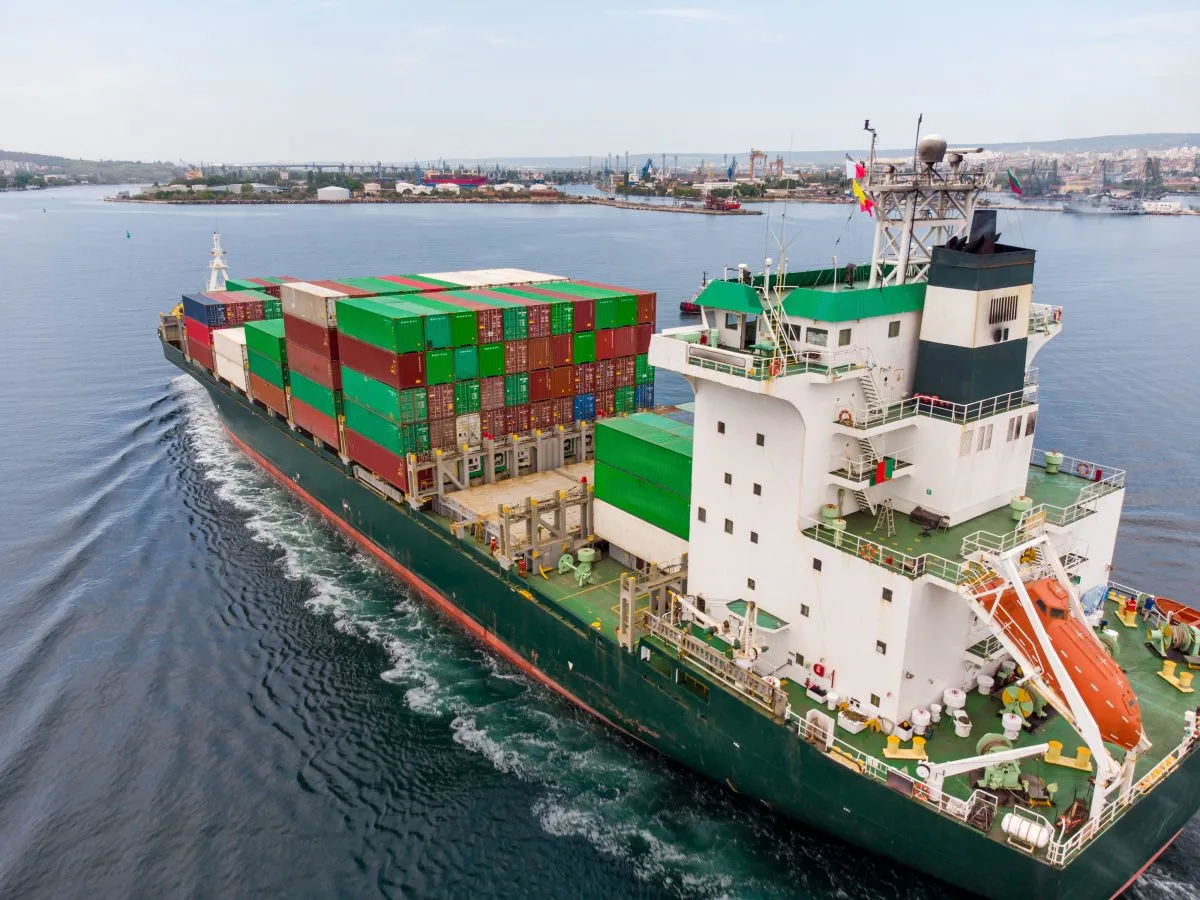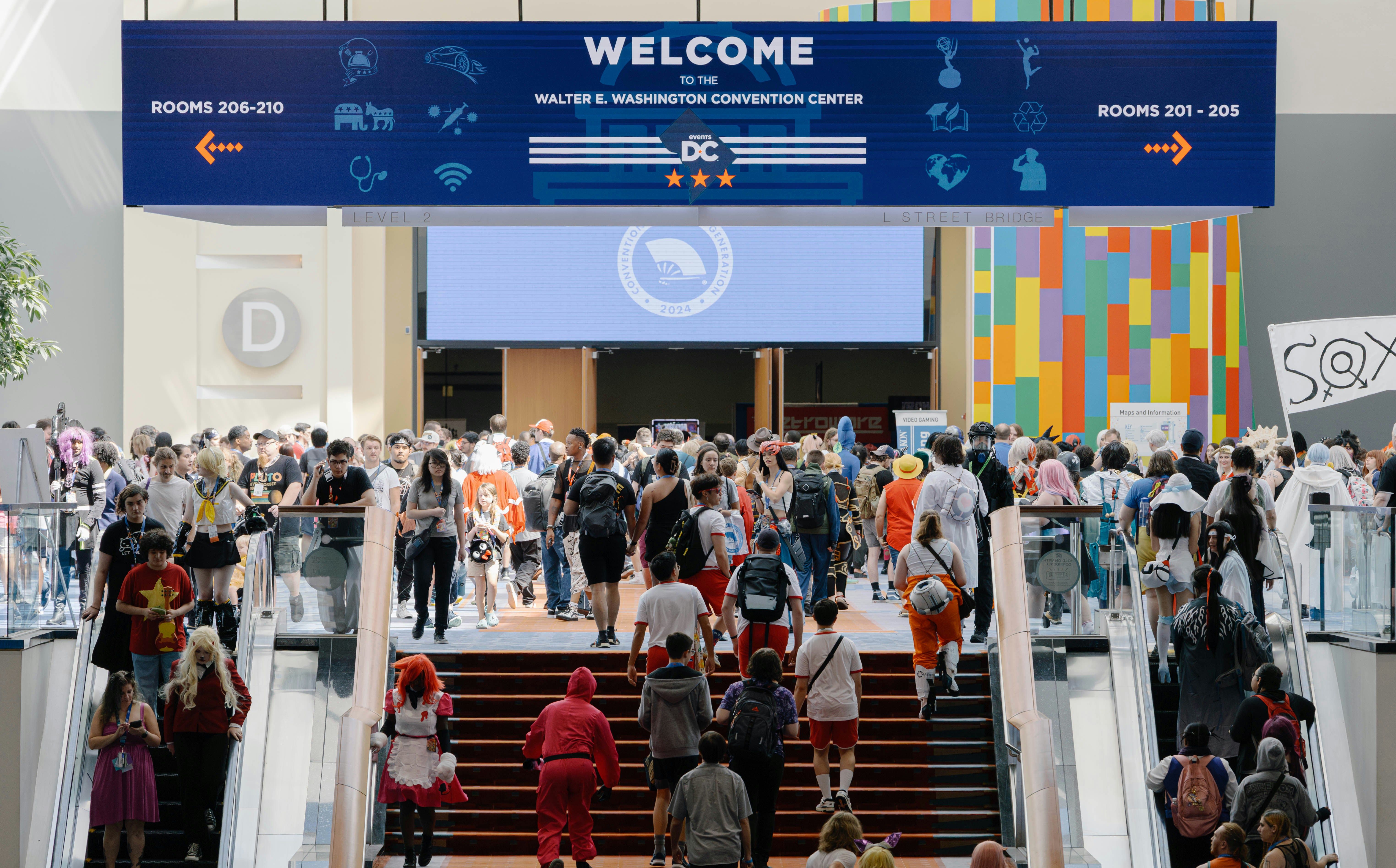Business Events Industry Joins Coalition Opposing U.S. Tariffs on Chinese Ships

Skift Take
Several business events industry associations have joined a coalition of more than 300 groups opposing newly imposed U.S. tariffs on Chinese-made ships that dock at American ports.
The Exhibitions and Conferences Alliance (ECA) and six of its partners have signed a letter to Ambassador Jamieson Greer, U.S. Trade Representative (USTR). It urges the administration to reconsider the tariffs on Chinese ships. ECA is a coalition of business events industry associations.
“Tariffs increase costs for business and professional event organizers, exhibitors, and attendees alike. Moreover, they particularly harm small businesses, which account for 99% of U.S. business and professional events industry companies and 80% of all exhibitors,” said Tommy Goodwin, VP of the ECA. “That’s why the ECA strongly opposes tariffs like these, which will negatively impact our ability to drive economic growth, support job creation, empower small businesses, and help to solve our most urgent societal challenges.”
The signatories include the Exhibition Services & Contractors Association, Experiential Designers & Producers Association; International Association of Exhibitions & Events; International Association of Venue Managers; Society of Independent Show Organizers; and UFI – The Global Association of the Exhibition Industry.
Business Events Associations Join a Broad Coalition
They join a broad coalition of importers, exporters, manufacturers, farmers, energy providers, wholesalers, and logistics firms warning of severe economic repercussions.
“We support scrutiny of China’s efforts to dominate the maritime industry,” the letter states. “However, USTR proposed actions will not deter China’s broader maritime ambitions and will instead directly hurt American businesses and consumers.”
The USTR did not respond to a request for comment from Skift Meetings.
The groups are urging the USTR to abandon its proposed tariffs, which target China’s strategic investments in maritime, logistics, and shipbuilding.
On February 21, the USTR issued a statement asking for comments on the proposed “Section 301 Investigation of China’s Targeting of the Maritime, Logistics, and Shipbuilding Sectors for Dominance.”
Chinese Ships May Face Hefty Fees
Under the tariffs, Chinese-owned ships would face fees of up to $1 million per entrance, while Chinese-built vessels would be charged $1.5 million per port visit.
“Specifically, USTR’s proposed fees will increase shipping costs, container and non-containerized, by at least 25% ($600-$800 or more), adding approximately $30 billion in annual costs on U.S. businesses and farmers. This will lead to higher prices for U.S. consumers and undermine the competitiveness of many U.S. exports, leading to a decline in export revenues and increasing the U.S. trade deficit, contrary to the Trump Administration’s America First trade goals,” the letter states.





